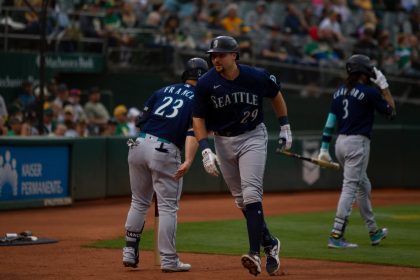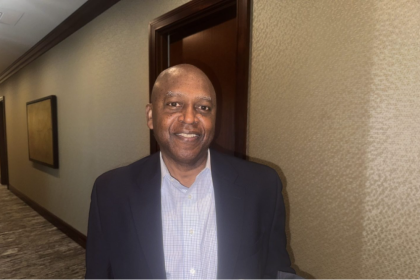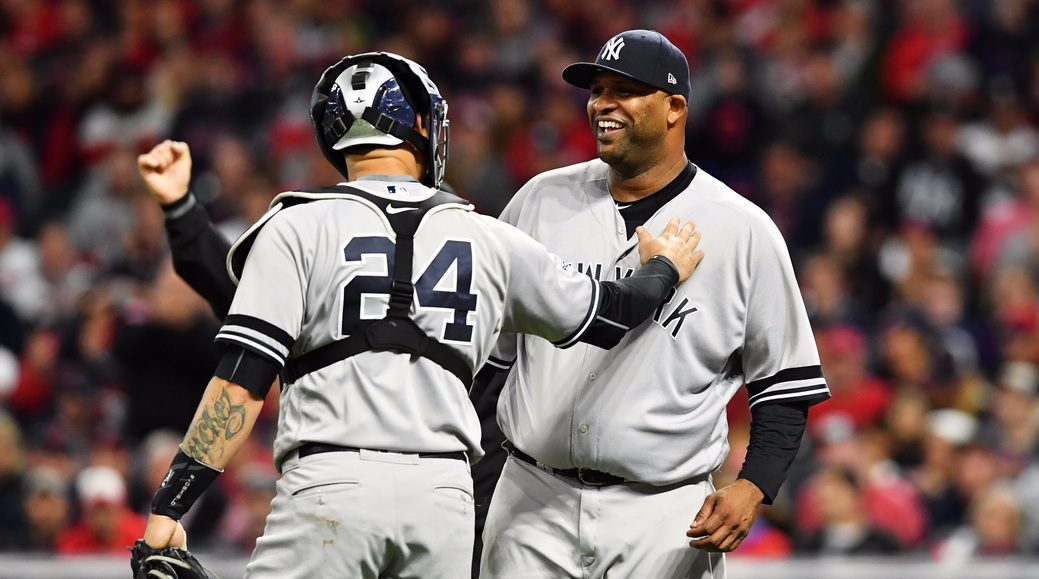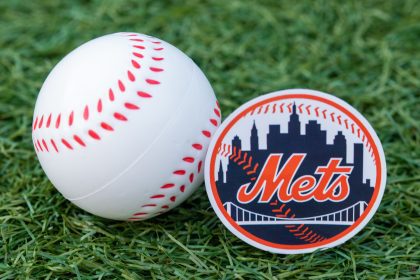In an exclusive interview with rolling out, Robert Scoop Jackson delved into the challenges he faced as a Black journalist in a field with limited representation. Jackson, who focused on Black culture and hip-hop in his career, discusses how his mother’s teachings and his unique approach to journalism shaped his path. He also reflects on the broader impact of figures like Jackie Robinson on society and the importance of the Negro Leagues.
As a Black journalist what types of challenges have you faced and how have you navigated through it?
There was no space for me as far as journalism when I first started up.I really entered the game, looking at where I could find myself within telling the stories within Black culture. My master’s thesis, my journal, was on hip-hop. Sports were never a thing because there were so few of us in it. I thought it was pointless even to try to enter into that field, even though I have a passion for sports. I didn’t see myself there.
I was raised by my mother on a belief that as Black people, especially Black men, have to dream our ways through bars that don’t bend. You have to find a place where you are not.
Talk about the relationship between your writing and hip-hop culture.
I think it helped a lot that I studied the culture in the process of writing my master’s thesis. I was the first person in the country who had ever done an academic study on hip hop. The thing that made me feel comfortable entering into the workforce, lending myself to writing very closely related to how hip hop was being dispensed from a verbal standpoint, was the fight I had to go through in order to get the program I was in to accept hip hop as a viable art form to be studied.
The one thing I kept in mind and I still carry to this date is to enter this space not from the mind of a journalist, but from the mind of how an emcee is supposed to think. A true emcee is one of this and the latter part of last century’s, and this century’s, greatest thinkers.
How do you view Jackie Robinson and what do you think he means to baseball and society?
I always think in the greater scope of not just Jackie Robinson. I also think of Satchel Paiges, Josh Gibsons, Buck O’Neils in the Negro Leagues who weren’t able to make it. They are just as important. Look at what Rube Foster did with the Negro Leagues. He created an owner landscape for us to exist on our own terms. A Black man breaking a White man’s rule is great, but I always try to look at the greater piece of what we did when we stood on our own on our own terms. The Negro League’s existence and sustainability during that time is just as important as Jackie Robinson.
I also look at the fact of how America has always functioned when it comes to telling our story. In that they always choose one. It’s just a matter of who that person’s going to be and that person is going to represent all of us. He becomes a singular entity. He becomes the symbol to everything. And It’s great to be that. Because it’s great to elevate exactly what it is that you did. But it’s still a way to avoid comprehensively telling the full truth. And then and then you become a symbol of that as well.
















